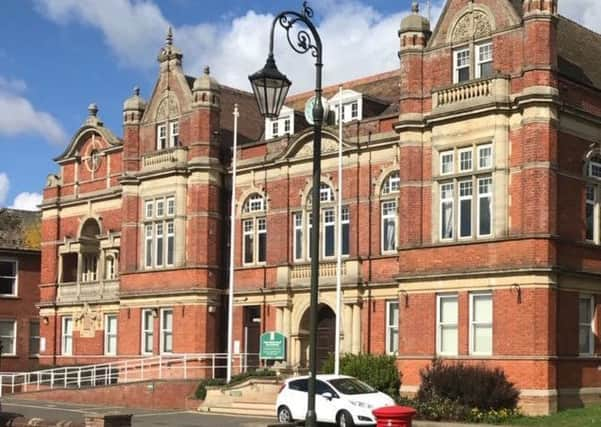Democracy under scrutiny


Locally, a dominant Conservative administration appears to believe ‘the will of the people’ can be set aside if it conflicts with its own wishes. Recent examples include the infamous referendum in Bexhill asking residents if they wanted their own Town Council. Although supported by an overwhelming 93.5% of respondents, the Conservative administration rejected the results because ‘only’ 25.8% of residents had voted, their assumption presumably being that all those who didn’t vote wanted things to stay as they were. As a result Rother continues to spend much of its time on domestic Bexhill issues, and Bexhill residents have their local affairs determined by Councillors from all over Rother.
A second example is the highly controversial decision to spend large amounts of Council taxpayers’ money on ‘upgrading’ the Colonnade café and then losing £56,000 in the first ten weeks of operation. Although Liberal Democrat Councillors have called for a full Scrutiny Review of the whole project, this has been delayed until after the upcoming local elections no doubt to avoid electoral embarrassment.
Advertisement
Hide AdAdvertisement
Hide AdWhile the public can attend some Council meetings, very few do so, and therefore have little opportunity to judge how individual Councillors speak or vote. Unlike at County Council, meetings are not webcast. Liberal Democrats believe that Councillors should be fully answerable to the public. Meetings should be recorded and available online, Bexhill should have its own Town Council, and wherever possible services should be devolved to local town and parish councils.
Nationally, the whole basis of our representational democracy is in turmoil. At the time of writing, Cabinet Minsters appear to have been allowed to ignore a three line whip and still keep their jobs, others have resigned or even left their Party, the Government has voted against its own propositions, and extreme Brexiters and Remainers have found themselves in the same voting lobby. Our Prime Minister, determined to ‘deliver the will of the people’ appears equally determined to continue to ignore the will of the people’s representatives. Here, the assumption appears to be that those who didn’t vote do want things to change.
An ill-considered referendum, designed primarily to heal internal Conservative Party disagreements, threatens to destroy their Party, and cause widespread disappointment whatever the eventual outcome. In a representational democracy such as ours, referenda would usually be reserved for relatively straightforward ‘binary’ issues, such as the death penalty. As we are all now finding, EU membership is a vastly complex issue and readers should treat with great scepticism anyone, Remainer or Leaver, who claims they understood all the consequences when they voted. Despite its importance David Cameron did not bother to seek a ‘super majority’ (that is, a majority of the electorate) which would be more normal for such a major constitutional issue. The result is that although 37% of the electorate voted to leave, 63% didn’t, and the consequence is chaos.
It is supremely ironic that the most widely touted slogan during the referendum campaign was ‘Take back control’.